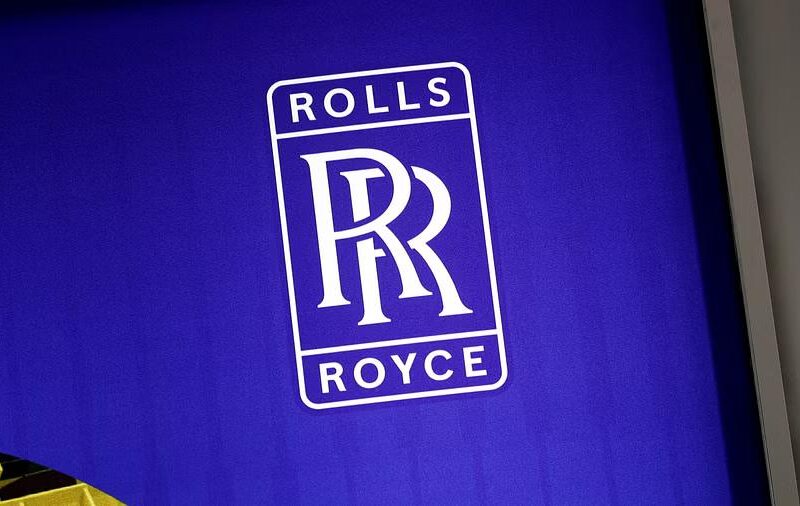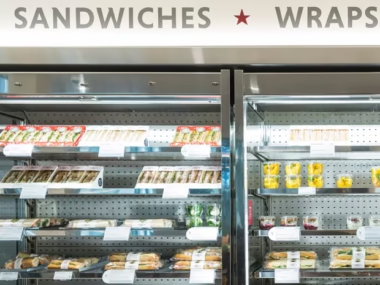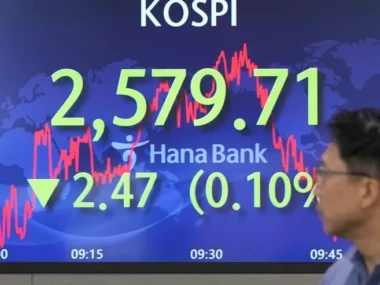The sole company whose SMR technology is being scrutinized by European regulators is Rolls-Royce, whose primary business is producing engines for large passenger planes.
The government announced on Monday that Rolls-Royce and five other companies have advanced through the preliminary round of Britain’s competition to choose small modular nuclear reactor (SMR) developers.
As part of efforts to fulfill climate targets and improve energy security, Britain wants to raise its nuclear power capacity to 24 gigawatts (GW) by 2050, which would represent approximately a quarter of expected electricity demand compared to about 14% currently.
The government thinks that a fleet of SMRs, which can be produced in factories at cheaper costs and with faster construction, will be able to replace some older nuclear facilities. Large new nuclear projects with significant upfront costs have difficulty attracting financing.
With the intention of implementing projects in the 2030s, the government launched a competition in July to encourage technology development.
The other businesses selected for the next phase of the procedure were EDF, GE-Hitachi Nuclear Energy International, Holtec Britain, NuScale Power, and Westinghouse Electric Company UK.
The sole company whose SMR technology is being scrutinized by European regulators is Rolls-Royce, whose primary business is producing engines for large passenger planes.
According to Chris Cholerton, CEO of the SMR division of Rolls-Royce, “securing a domestic contract is vitally important to unlock the enormous global export potential of our clean energy technology.”
As their components are small enough to be moved on trucks and barges, SMRs can be built more swiftly and affordably than large-scale reactors.
The government promised to start the next round of the competition as soon as feasible. It anticipates announcing in the spring of 2024 which of the six companies will receive funding and contracts by the summer of 2024.











